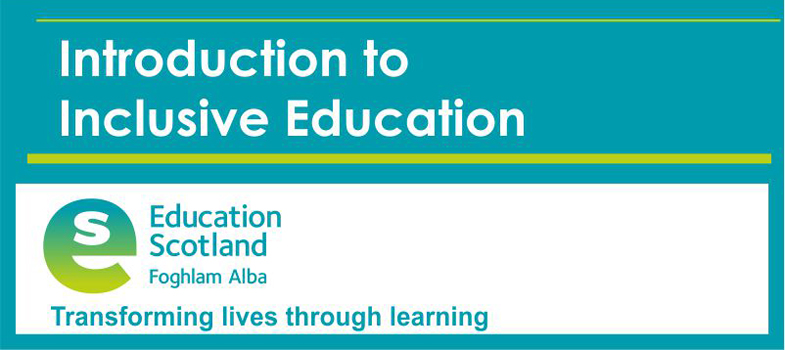Supporting Care Experienced learners who are or have been Looked After Children (LAC)
Education authorities have particular duties in relation to looked-after children or care experienced children and young people, those looked after at home, who are accommodated by the local authority and who have experienced care – which includes those who are adopted or have previously been in care. The evidence shows that those looked after at home are at increased risk of poorer outcomes. The document ‘Improving the Learning Journey of Looked After Children’ provides some guidance on this. It was developed by The Centre for Excellence for Looked After Children in Scotland (CELCIS) who work in partnership with carers, social workers, teachers, nurses, charities, the police, local authorities, and the Scottish Government. They are dedicated to making positive and lasting improvements in the wellbeing of children and young people living in and on the edges of care, and their families, across the whole country, and the globe - children who, through no fault of their own, are not able to enjoy the same positive experiences and outcomes as many of their peers.
Further information on Looked After Children can be found on the CELCIS website.
Activity 8 Reflective Task
In your Reflective Log consider the following questions which focus on supporting learners who are looked after by the local authority
- Do you feel confident that you are aware of any learners in your class or provision who are looked after children?
- Do you know who the carers, social workers and parents (if appropriate) of looked after children are, and are there clear procedures for recording, retaining and sharing information with carers, social workers and parents when required?
- Where a looked after child in your class is underperforming, have they been assessed as having additional support needs? How well does the school plan targeted support and individualised programmes of work to help address their areas of need?
- Do you have the same high expectations for the attendance and punctuality and for the achievement and attainment of looked after children as for all others?
Family circumstances
